
8 Plants That Might Increase the Chances of Snakes Visiting Your Property
8 Landscaping Choices That May Encourage Snakes to Hide Nearby
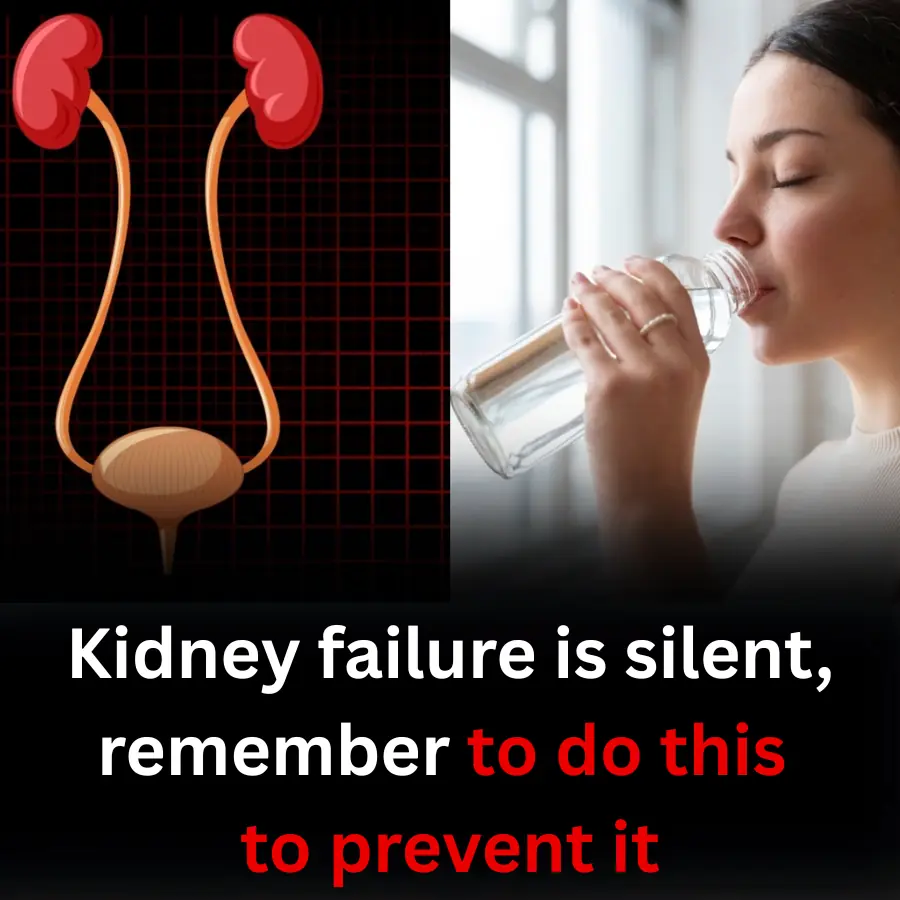
Here’s a detailed explanation about kidney failure being a silent condition and key prevention tips:
Kidney Failure Is Silent — Remember These Steps to Prevent It
Kidney failure, also known as end-stage renal disease (ESRD), often develops gradually and silently over many years. In its early stages, kidney disease may show no symptoms, making it hard to detect until significant damage has occurred. Because kidneys play a vital role in filtering waste, balancing fluids, and maintaining overall health, early prevention and detection are crucial.
Lack of early symptoms: Many people with chronic kidney disease (CKD) do not experience noticeable symptoms until kidney function is severely impaired.
Gradual progression: Kidney damage accumulates slowly, often caused by conditions like diabetes and high blood pressure.
Hidden until advanced: By the time symptoms such as swelling, fatigue, or changes in urination appear, kidney damage is often irreversible.
Regular health check-ups:
Get routine blood tests (e.g., serum creatinine, estimated glomerular filtration rate — eGFR) and urine tests (e.g., albuminuria) to monitor kidney function, especially if you have risk factors.
Control diabetes and high blood pressure:
Diabetes and hypertension are the leading causes of kidney disease. Manage blood sugar and blood pressure within target ranges through medication, diet, and lifestyle.
Maintain a healthy lifestyle:
Eat a balanced diet low in salt and processed foods.
Stay hydrated but avoid excessive fluid intake.
Exercise regularly to maintain a healthy weight.
Avoid harmful substances:
Limit use of over-the-counter painkillers like NSAIDs that can damage kidneys.
Avoid smoking and excessive alcohol consumption.
Manage underlying health conditions:
Treat infections promptly.
Monitor and control cholesterol levels.
Stay informed and aware:
Know your risk factors, such as family history, age, or existing health issues.
Seek medical advice if you notice changes in urination, swelling, fatigue, or unexplained nausea.
If you have diabetes, high blood pressure, or a family history of kidney disease, regular screening is important.
If symptoms like swelling (especially in the legs or around the eyes), persistent fatigue, poor appetite, or changes in urination occur, consult your healthcare provider promptly.
Summary: Kidney failure often progresses silently without warning signs. Regular screening, controlling risk factors, healthy habits, and early medical care are essential to prevent or delay kidney failure and maintain overall health.
If you want, I can help you with a more detailed prevention plan or guidance for managing kidney health.

8 Landscaping Choices That May Encourage Snakes to Hide Nearby
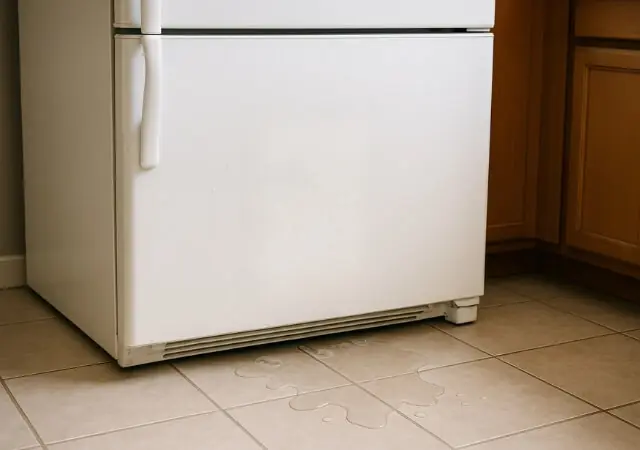
Dealing with a fridge leak? Practical fixes and longevity tips you should know

Keep Ginger Fresh for Up to 6 Months with This Easy Storage Trick
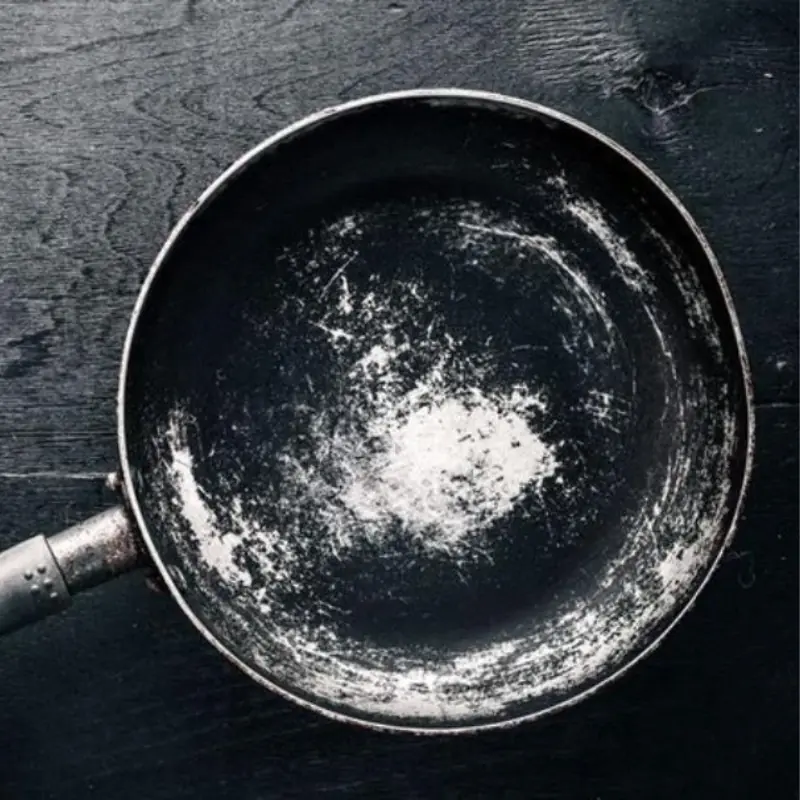
Don’t toss your peeling non-stick pan yet—try this simple kitchen trick first.

A healthier home hack: Clean every room with one natural solution
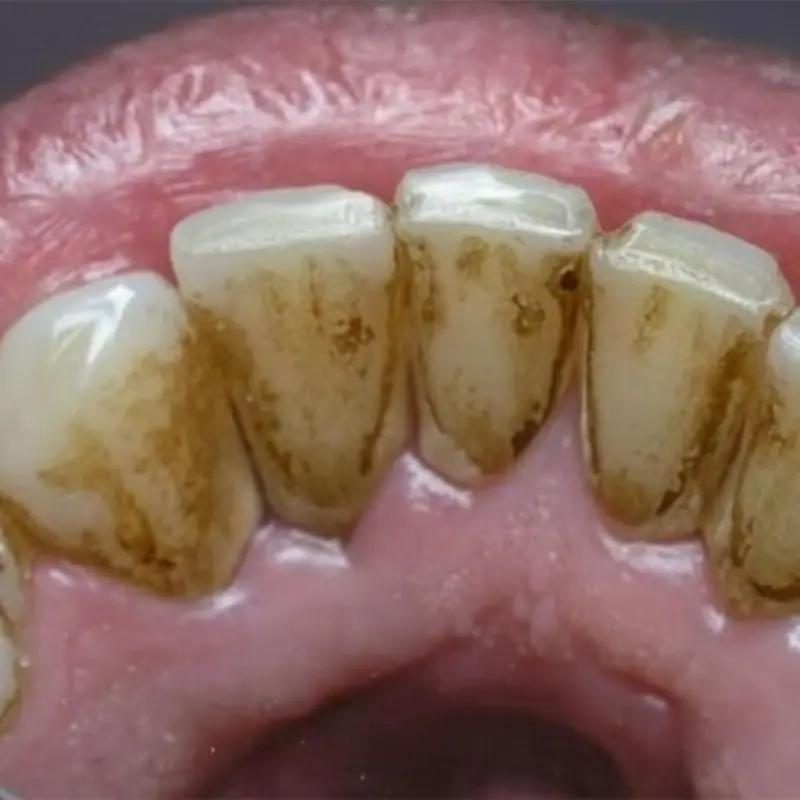
Brighten your smile naturally with simple kitchen ingredients you already have at home.

Stop throwing away eggshells
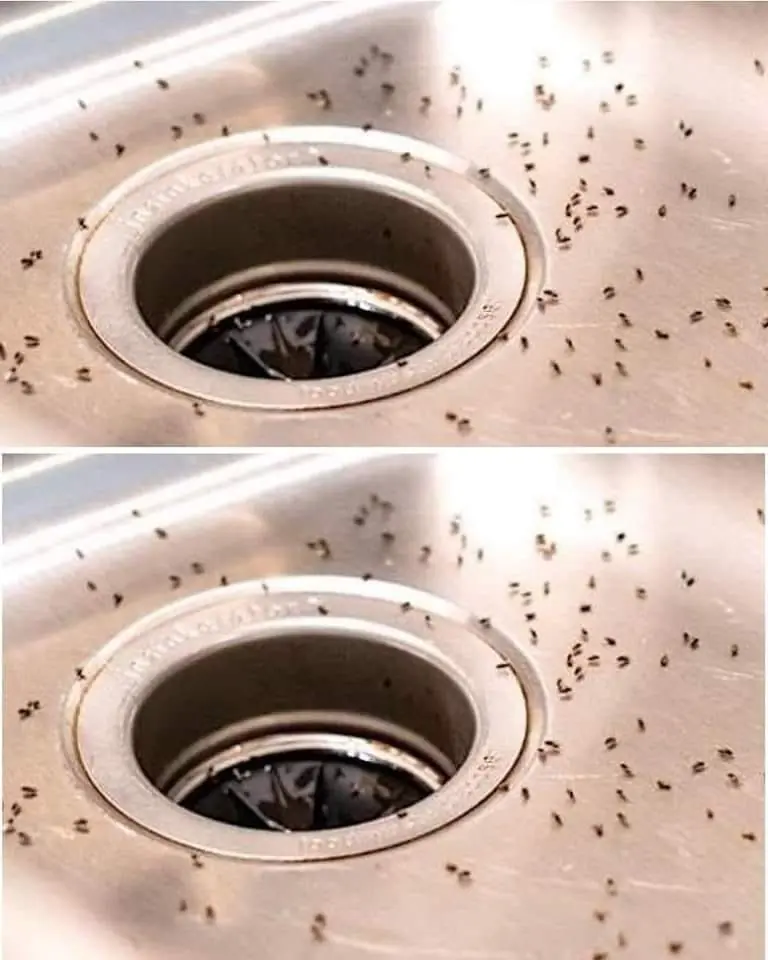
Are tiny bugs invading your kitchen? Here’s how to finally get rid of gnats for good
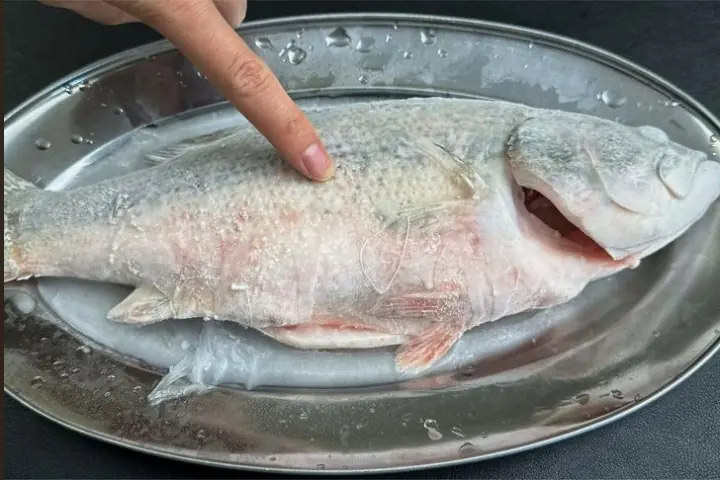
3 smart and safe approaches to defrost fish quickly without compromising texture
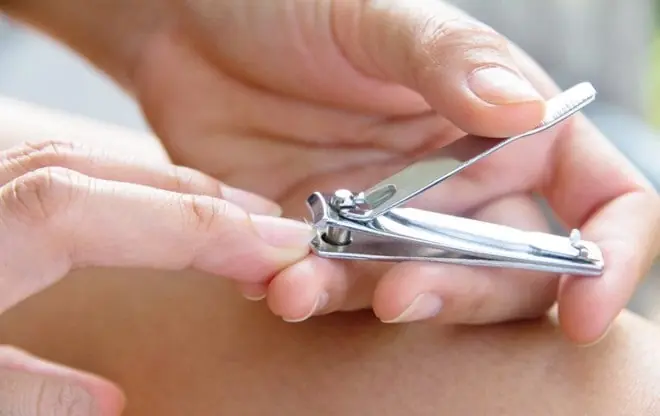
The finger you slice first may hint at hidden traits you didn’t notice before

How to respond to a snake bi.te: Critical first steps and the reasons behind them
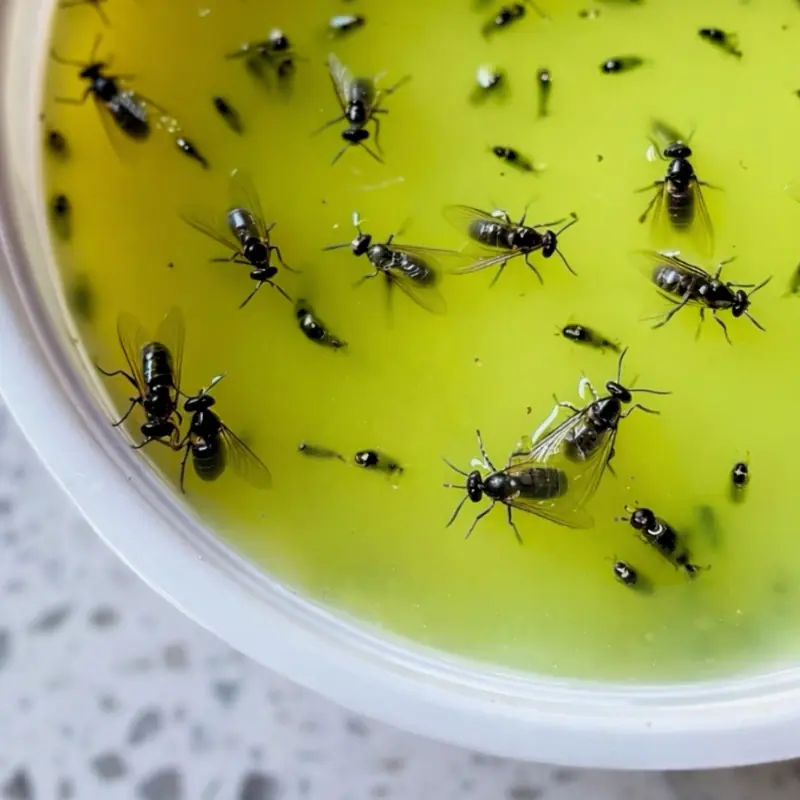
A simple homemade trap is going viral for eliminating flies, mosquitoes, and bugs in minutes

The time-tested Japanese technique for speeding up thick laundry drying
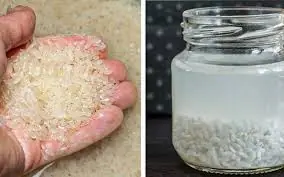
Rice Water: How to Turn Cloudy Rinse Water into a Natural Beauty Boost for Skin and Hair
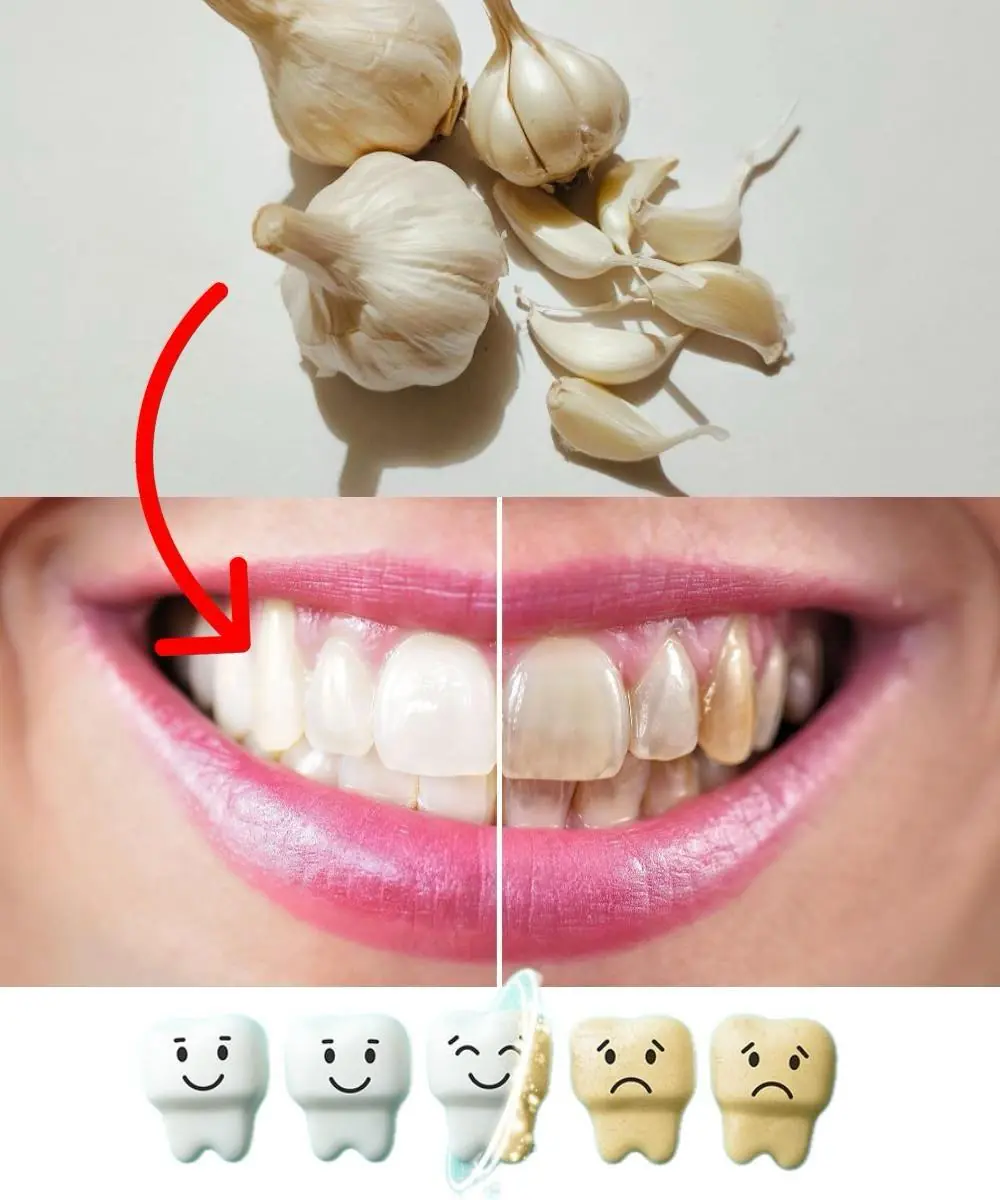
Yellow teeth? Try this viral hack before your next dental visit.

Before you spend hours defrosting your freezer, read this.
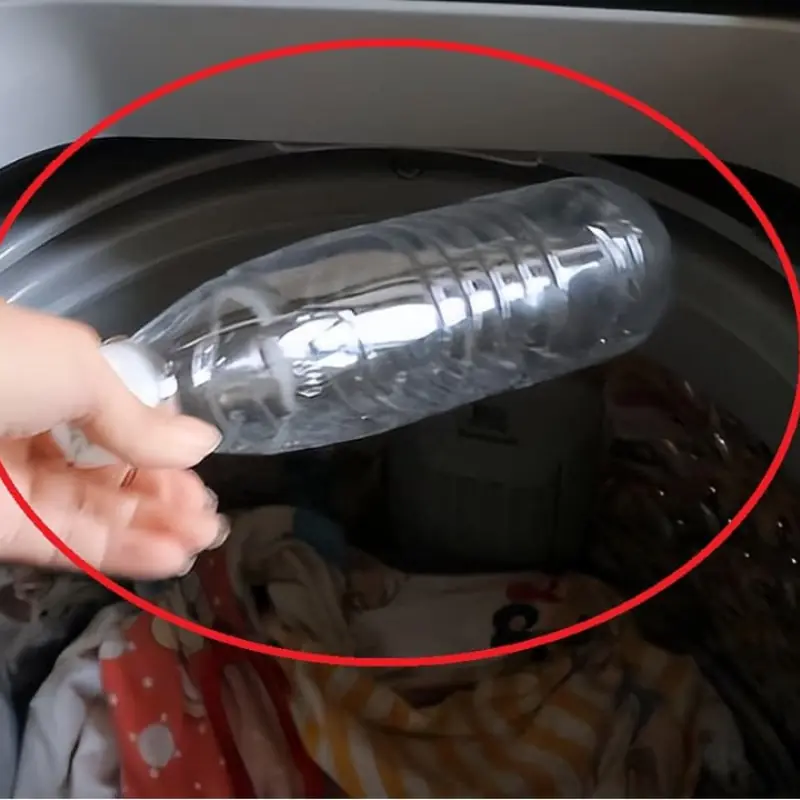
A viral hack uses an empty plastic bottle to make laundry cleaner, softer, and more efficient.

How does lemon juice affect oil when used before frying?

Why does a green ring sometimes form around an egg yolk? The answer may surprise you!
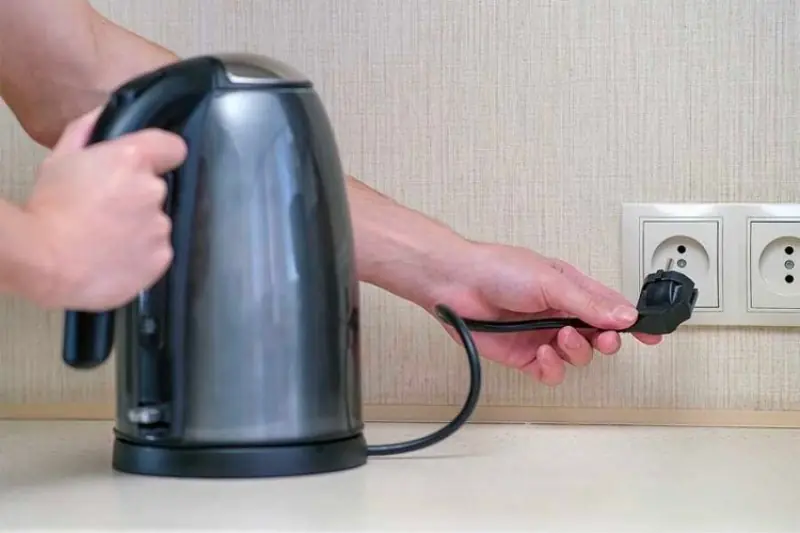
This common electric kettle habit may be driving up your power costs
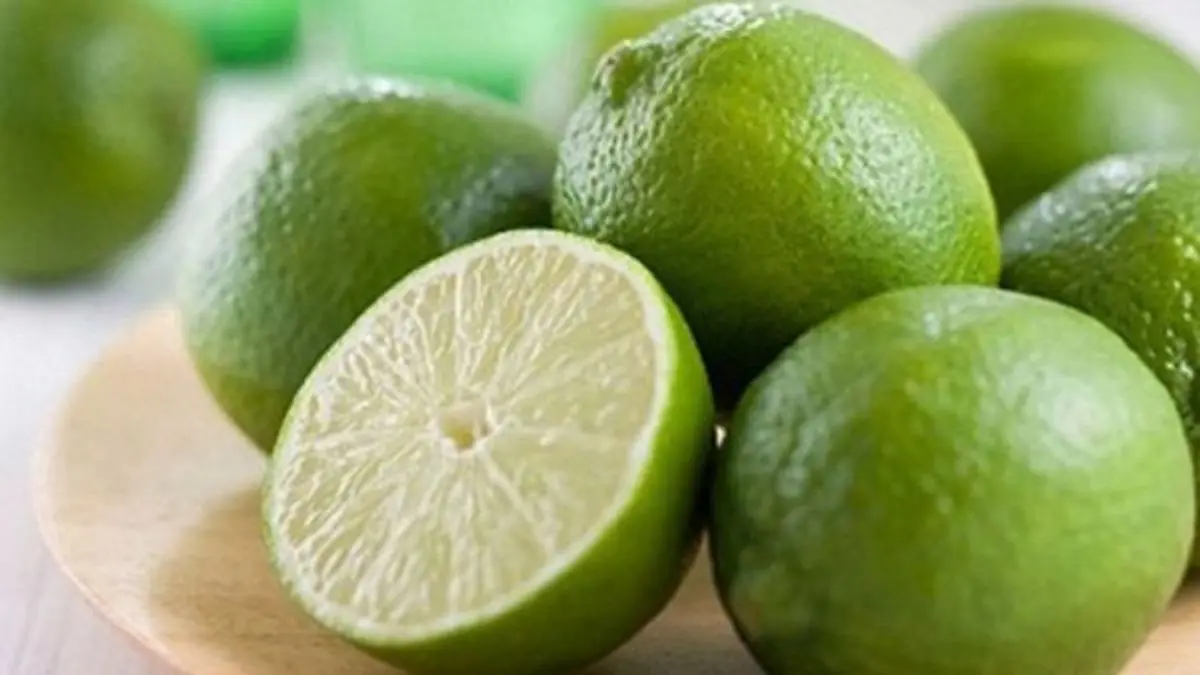
He chose lemon water over other methods for high blood pressure - after 2 years, the result no one saw coming
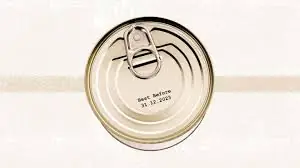
Before You Throw It Away: What Food Expiration Dates Really Mean

Protect Your Thyroid: Foods You Should Stay Away From
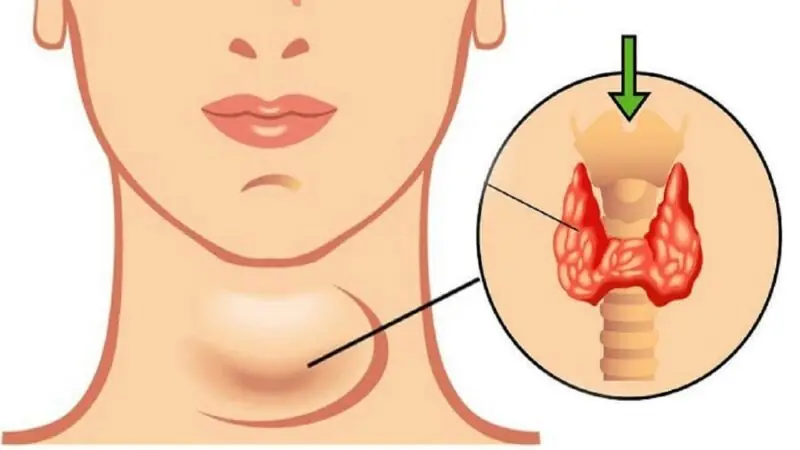
Stop Eating These Foods to Reduce the Risk of Thyroid Inflammation
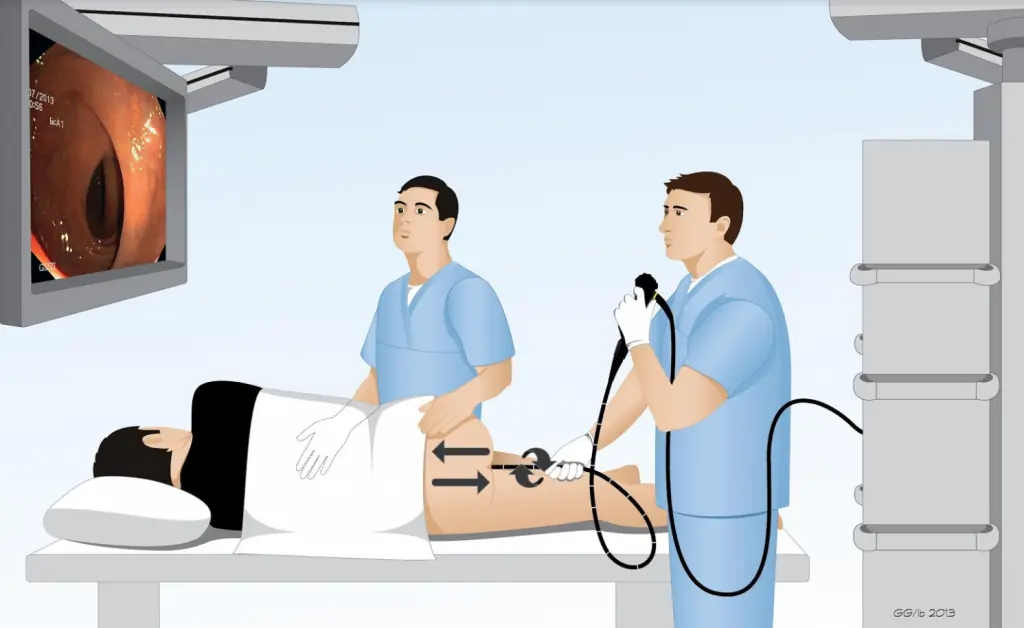
There’s one critical thing to clarify before your colonoscopy - don’t skip it
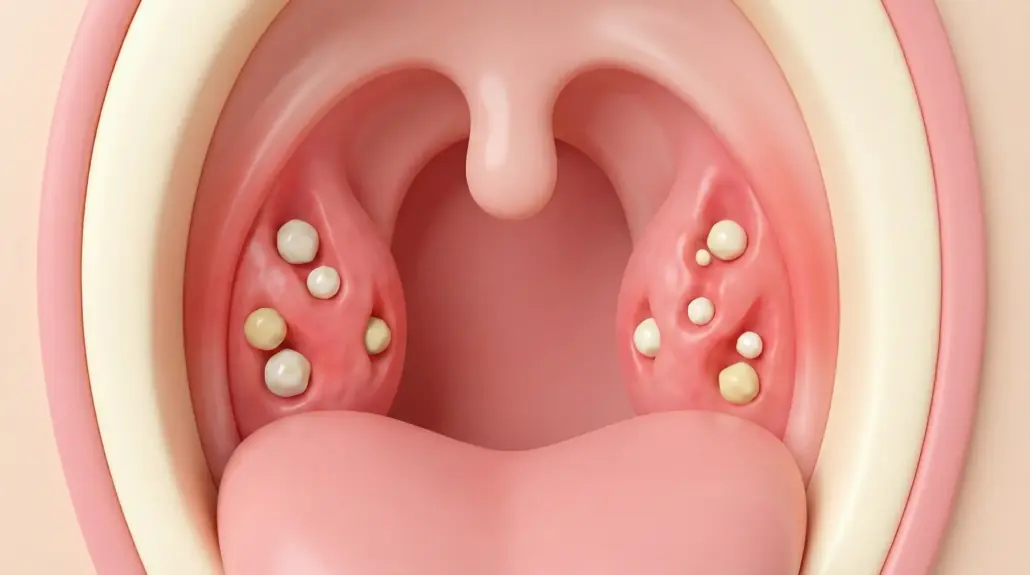
The Truth Behind Those Smelly “White Stones” in Your Mouth
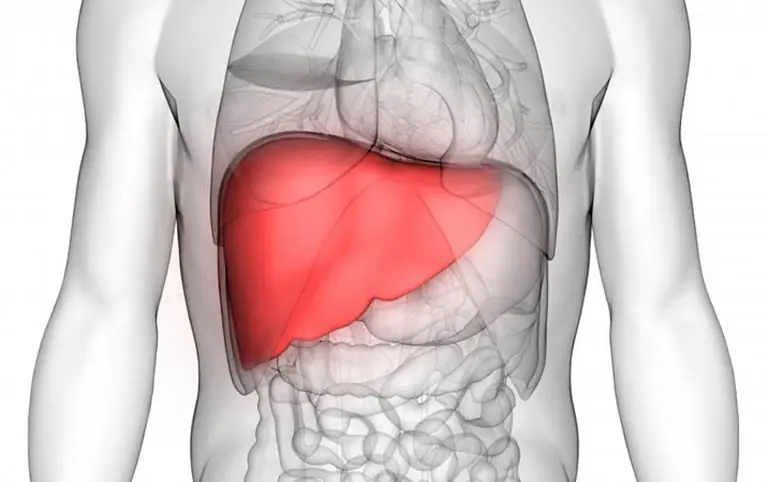
5 red flags that could signal advanced liver dis.ease
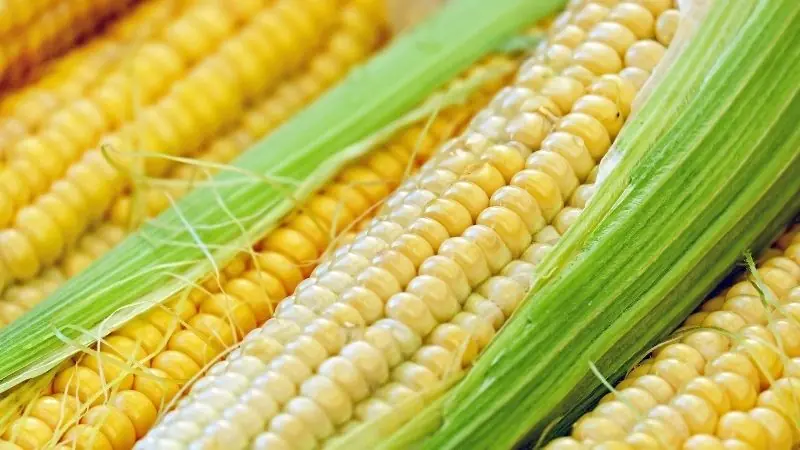
The top five golden foods that support a strong, healthy heart

Want a sharper memory? Adding an egg to your day might be a smart move

Medical Experts Share Insights on the Impact of Eating Okra

Waking Up With These 3 Nighttime Signs? Experts Say It’s Time for a Medical Checkup
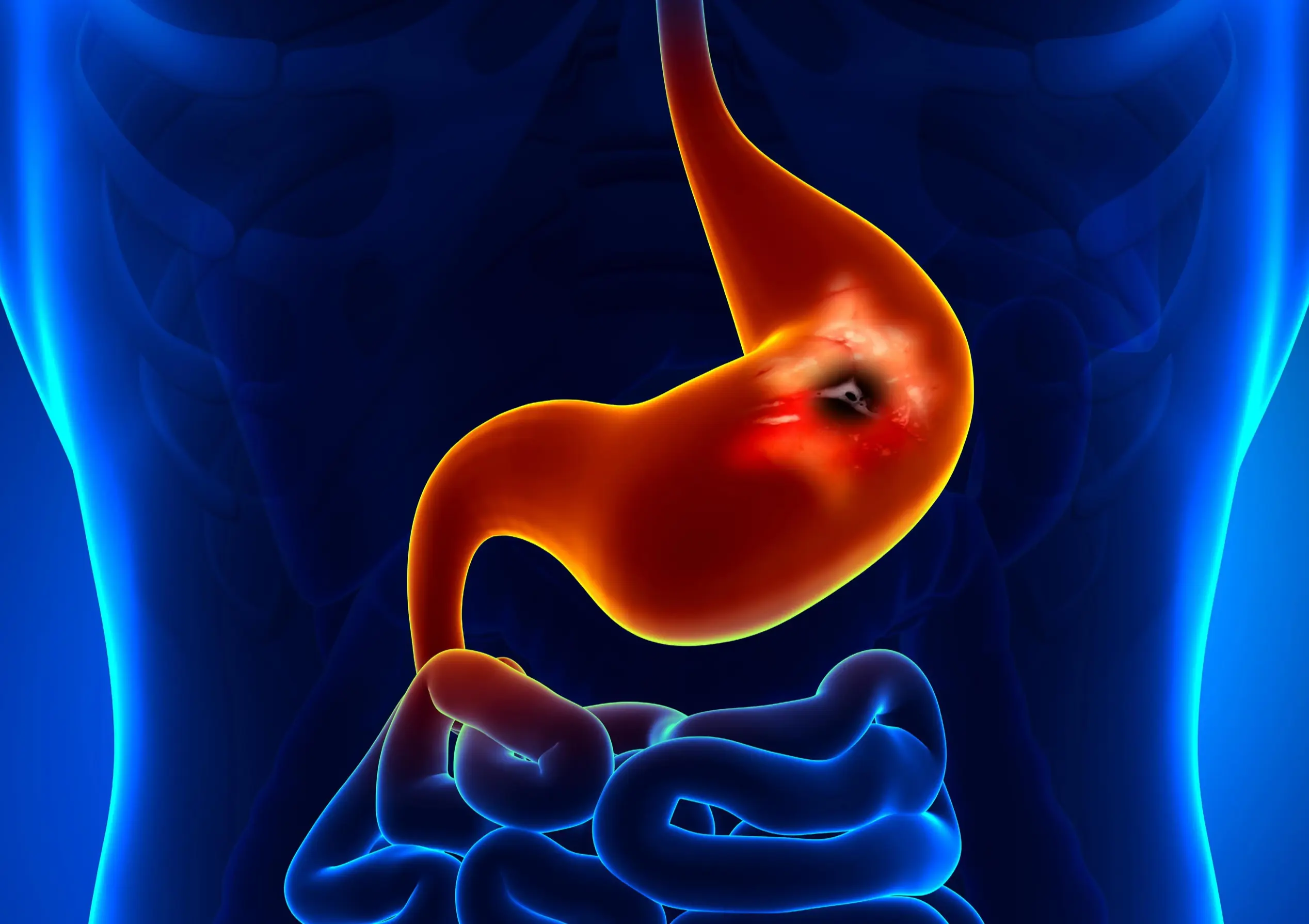
6 Subtle Symptoms of Stomach Cancer to Watch for Early
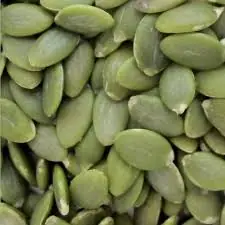
Think Pumpkin Seeds Are Always Healthy? Think Again

Do You Nap During the Day? Here’s What You Should Know
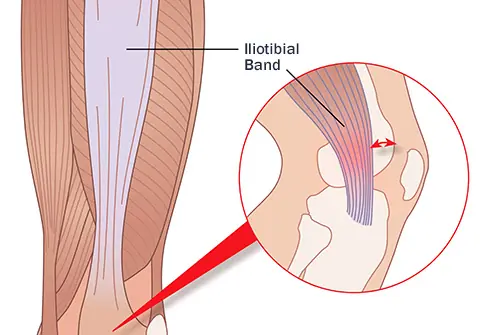
Posterior Knee Pain: When It May Indicate a Serious Condition

8 Landscaping Choices That May Encourage Snakes to Hide Nearby
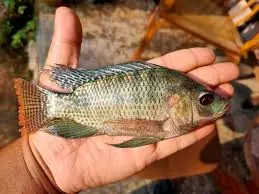
The Truth About Tilapia: Is It as Healthy as You Think?
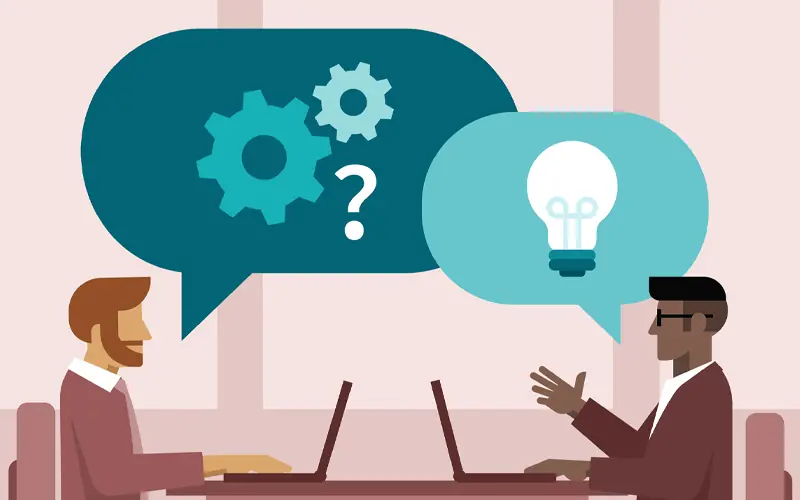
10 Habits Often Seen as Rude That May Reflect Intelligence

Are These Chicken Parts Safe to Eat? What Experts Say